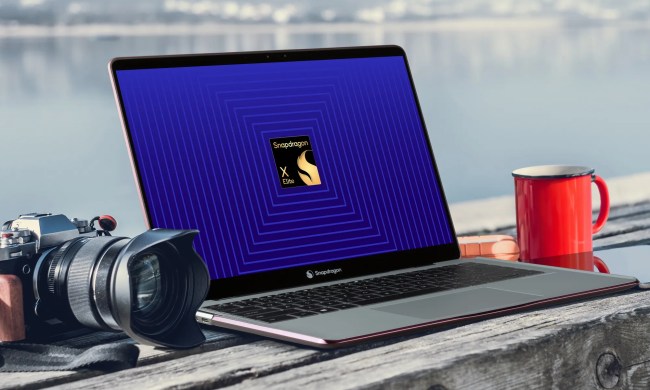Intel’s interim co-CEO Michelle Johnston Holthaus spoke at Barclay’s Global Technology Conference yesterday and made some bold claims about Qualcomm PCs and the rise of the Arm ecosystem in general. According to her, a large percentage of Qualcomm PCs are being returned by customers and retailers are very concerned about it.
More specifically, she called the problem any retailer’s “number one concern.” There isn’t a lot of available data out there about Qualcomm’s return rates this year, so it’s difficult to fact-check this. The assumption is that the reason for return would have to do with compatibility issues with Windows on Arm, though that’s far less of a concern today than it was in the past.
According to Canalys, Qualcomm sold 720,000 PCs during the third quarter, giving it a market share of around 0.8%. That marks huge growth for the company, but there’s no denying that the number is still very small. Practically speaking, it seems unlikely that any retailer would be majorly concerned about the return rate of a product with such relatively low sales.
Accuracy aside, it seems like Johnston Holthaus wants this anecdote to illustrate that, while Qualcomm and Arm PCs in general are becoming a serious competitor for Intel, they are currently far from posing an existential threat. She says Intel believes that “x86 is the best overall basic architecture” and that they have many customers who are willing to put their trust in x86 and Intel’s future.
Her apparent desire to put the Arm movement in its place could be seen as a reaction to recent comments from TSMC founder Morris Chang a few days ago. When asked about the recent change in Intel leadership, Chang mentioned that Intel has no strategy and no CEO and that it has probably made a big mistake by not focusing on AI processors. Given TSMC’s partnerships with companies like Nvidia, Apple, and Qualcomm, Johnston Holthaus may have wanted to remind them all that, despite everything, Intel is still the one on top.
Aside from the harsh comments on Qualcomm, the co-CEO talked about how “competition makes us better” and pushes constant innovation and improvement. She also alluded to even more competitors coming in the future by saying: “We [will] have more competitors than we have ever had, you will see more competitors enter the marketplace in 2025.”



